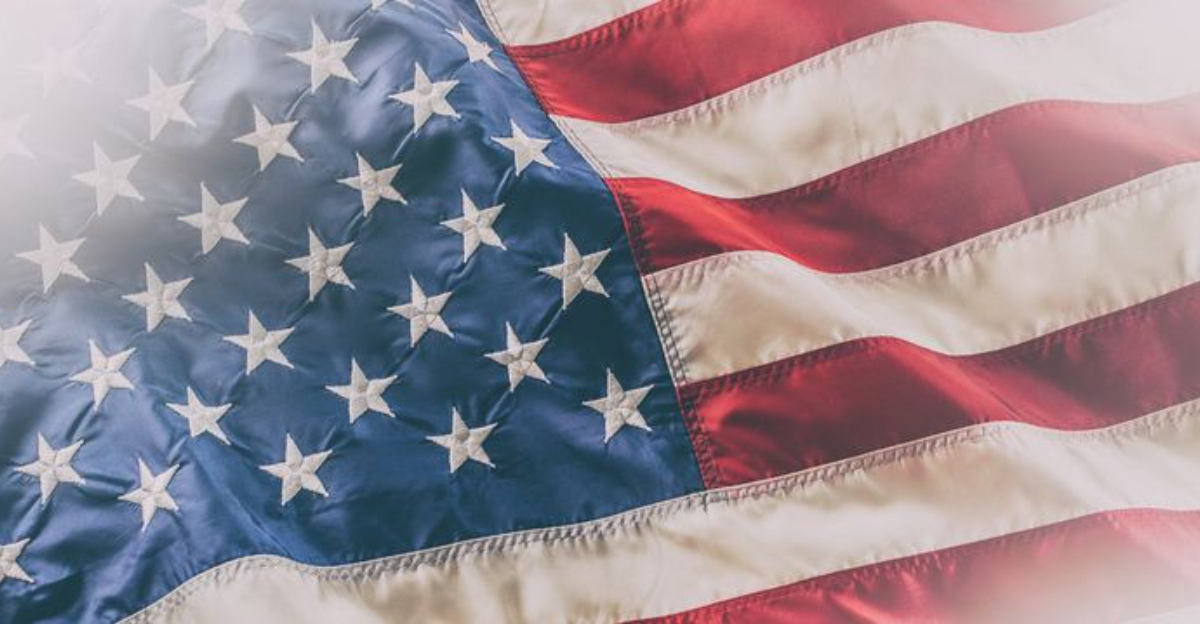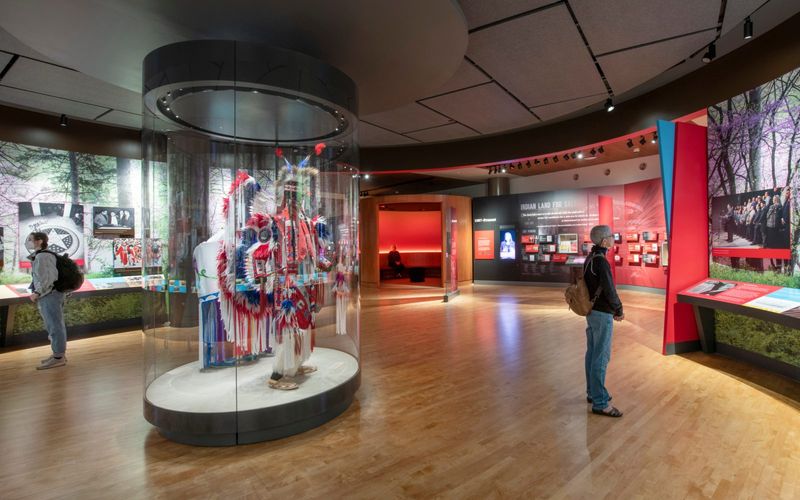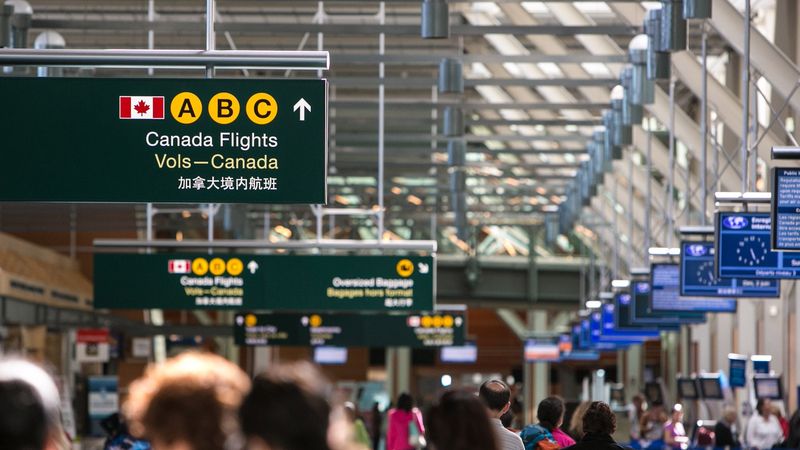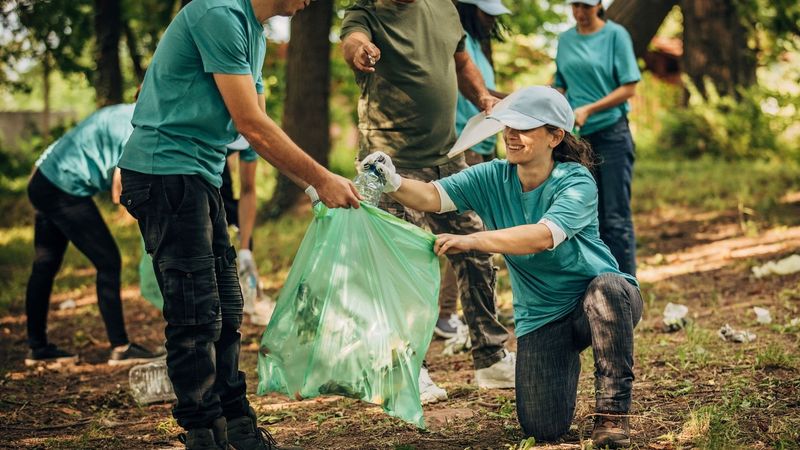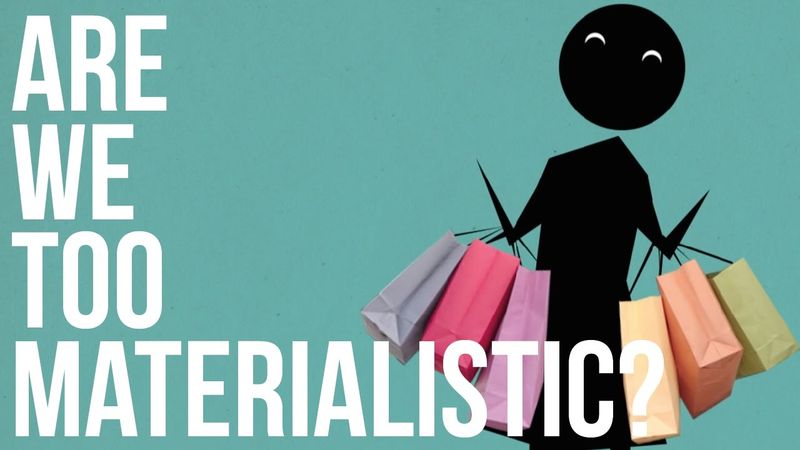In a world where information travels fast, certain phrases and stereotypes seem to linger in the public consciousness, often to the annoyance of those who hear them frequently.
Americans, in particular, have expressed exhaustion over hearing the same clichés and misconceptions repeated time and again. This blog post aims to shed light on 18 things that many Americans are tired of hearing.
From broad generalizations about lifestyle to misconceptions about work ethic, these items reveal the diverse and often misunderstood facets of American life.
1. That We’re All Overweight and Inactive
The stereotype that Americans are universally overweight and inactive is both frustrating and inaccurate. Many Americans are dedicated to maintaining a healthy lifestyle, engaging in regular exercise and mindful eating.
Despite this, the image of an unhealthy nation persists, overshadowing the efforts of countless individuals who prioritize their well-being. It’s essential to recognize that health comes in many forms and that these generalizations do more harm than good.
By focusing on diverse health narratives, we can better appreciate the true landscape of American fitness and lifestyle choices.
2. The Kardashians
The fascination with the Kardashian family is something that many Americans are over. While their influence on fashion and pop culture is undeniable, the constant media coverage can be overwhelming.
For those who aren’t fans, the omnipresence of their brand is a source of irritation. Many yearn for entertainment that prioritizes substance over sensationalism, craving stories that offer depth rather than drama.
The Kardashian phenomenon illustrates a broader issue with celebrity culture, highlighting the need for a balanced media diet.
3. That We Know Nothing About Geography
The notion that Americans are clueless about geography is a tired cliché. While gaps in knowledge exist, many Americans are curious travelers eager to learn about the world.
Educational initiatives and travel opportunities have broadened perspectives, challenging this outdated stereotype. By focusing on geographic literacy and cultural exchange, Americans are more informed than ever before.
This stereotype overlooks the thirst for knowledge present in many, overshadowing the genuine interest in global awareness and understanding.
4. That Something Big Is Going to Happen
Predictions of impending grand events are a common narrative that Americans often hear. These claims, whether about political shifts or doomsday scenarios, tend to breed anxiety rather than preparedness.
Many Americans prefer to focus on actionable insights and practical plans rather than speculative forecasts. By emphasizing concrete strategies over vague predictions, individuals can better navigate their lives with confidence and clarity.
This approach fosters a proactive mindset, encouraging people to engage with the present rather than be distracted by uncertain futures.
5. Nobody Wants to Work Anymore
The refrain that “nobody wants to work anymore” dismisses the complexities of modern labor markets. Many Americans are eager to work but seek fair wages, safe conditions, and meaningful employment.
This stereotype overlooks the challenges workers face, such as stagnant wages and lack of work-life balance. By addressing these issues, we can better understand the evolving nature of work and recognize the dedication of those striving to make a living.
Appreciating the diverse motivations and aspirations of workers is essential to fostering a more inclusive economic narrative.
6. The American Dream is Dead
The notion that the American Dream is dead is a sentiment that many find exhausting. While challenges exist, countless individuals continue to pursue their aspirations with tenacity and hope.
The idea of upward mobility and personal achievement remains a powerful driving force for many. By focusing on stories of resilience and success, we can see that the dream is not dead but evolving.
Understanding this evolution helps appreciate the diverse paths people take towards fulfillment and success in contemporary America.
7. That All Southerners Are Uneducated
The stereotype that Southerners are uneducated is both unfair and unfounded. The South boasts numerous prestigious educational institutions and a rich cultural history.
Many Southerners pursue higher education and contribute significantly to various fields, challenging this outdated perception.
By highlighting the achievements and talents of Southern individuals, we can dismantle this stereotype and appreciate the region’s diversity.
Understanding the South’s contributions to education and culture fosters a more accurate and respectful view of its people.
8. The Constant Weather Obsession
Americans’ preoccupation with weather can seem peculiar, but it often serves as a practical conversation starter. Weather impacts daily life significantly, shaping activities and travel plans.
This obsession reflects a deeper connection to the environment and a desire for preparedness. Understanding the role weather plays in planning and safety helps explain its prominence in conversations.
Embracing this topic can lead to more meaningful discussions about climate and environmental awareness, moving beyond small talk to impactful dialogue.
9. The Overuse of “Literally”
The overuse of the word “literally” in casual conversation is a linguistic trend that grates on many ears. While it’s meant to emphasize statements, its frequent misuse can lead to confusion and irritation.
Language evolves, and this trend reflects changing communication styles among different generations. Understanding its usage can ease frustration, allowing for more effective communication.
By appreciating linguistic diversity and adapting to evolving trends, conversations can remain engaging and clear without sacrificing meaning.
10. The Myth of American Individualism
The notion of rugged American individualism often overlooks the importance of community and collaboration. While individual achievement is celebrated, many Americans thrive through mutual support and teamwork.
This myth can obscure the reality of shared success and interdependence. Highlighting stories of cooperation and community efforts reveals a more balanced view of American life.
By valuing both individual and collective achievements, a richer narrative of progress and resilience emerges, showcasing the interconnected nature of modern society.
11. The Idea That America Is a Melting Pot
The metaphor of America as a melting pot is often critiqued for oversimplifying cultural diversity. While it suggests unity, it can imply erasure of unique identities.
Many prefer the concept of a “salad bowl,” where diverse cultures coexist without losing their distinctiveness. This metaphor emphasizes the value of multiculturalism and respect for differences.
By embracing this diversity, Americans can foster a more inclusive society that celebrates varied cultural contributions, enriching the nation’s tapestry.
Understanding this shift in perspective encourages appreciation for the complex mosaic of American culture.
12. The Belief That We All Care About Football
The assumption that all Americans are passionate about football overlooks the country’s diverse interests. While football is popular, many Americans prefer other sports or activities.
This stereotype fails to capture the rich variety of pastimes and hobbies enjoyed across the nation. By recognizing this diversity, one can appreciate the wide range of passions and pursuits that define American leisure.
Understanding that interests extend beyond mainstream sports allows for a more nuanced view of American culture, celebrating individuality and varied tastes.
13. The Notion of American Superiority
The idea of American superiority can be a contentious topic. While many are proud of national achievements, this notion can hinder global cooperation and understanding.
Recognizing the strengths and contributions of other nations fosters mutual respect and collaboration. By appreciating diverse perspectives, Americans can engage more effectively on the world stage.
Emphasizing equality and shared success encourages a more harmonious international community, where learning and growth are reciprocal.
14. That Americans Don’t Appreciate Art and Culture
The misconception that Americans lack appreciation for art and culture is unfounded. Across the nation, people enjoy a wide array of artistic expressions, from music and theater to visual arts.
Cultural festivals and museums thrive, reflecting a deep-seated respect for creativity and innovation. By participating in and supporting the arts, Americans demonstrate their commitment to cultural enrichment.
Recognizing this appreciation helps dispel the stereotype, highlighting the dynamic and varied cultural landscape that defines American society.
15. The Belief That Americans Don’t Travel
The belief that Americans are insular and don’t travel abroad is misleading. Many Americans are avid travelers, eager to explore different cultures and destinations.
This curiosity is fueled by a desire for adventure and learning, challenging the notion of insularity. By engaging with the world, Americans gain broader perspectives and foster cross-cultural understanding.
Acknowledging this enthusiasm for exploration helps counter the stereotype, revealing a population that values global connections and experiences. Travel is embraced as a means of personal growth and cultural exchange.
16. The Generalization About Fast Food Obsession
The stereotype of Americans being obsessed with fast food overlooks the diverse culinary landscape that exists. While fast food is popular, many Americans enjoy cooking and exploring international cuisines.
This generalization fails to capture the variety of dietary preferences and traditions present across the country. By highlighting diverse food practices, one can appreciate the rich tapestry of American culinary culture.
Understanding the balance between convenience and health allows for a more nuanced view of eating habits, celebrating both tradition and innovation in American kitchens.
17. The Misconception That We Don’t Care About the Environment
The idea that Americans are indifferent to environmental concerns is inaccurate. Many Americans are passionate about sustainability, participating in initiatives to combat climate change and protect natural resources.
This engagement reflects a growing awareness and responsibility towards the environment. By supporting eco-friendly practices and policies, Americans contribute to global environmental efforts.
Recognizing this commitment helps dispel the stereotype, highlighting the proactive steps taken by individuals and communities to ensure a greener future. Environmental consciousness is a shared value that continues to gain momentum across the nation.
18. The Assumption That All Americans Are Materialistic
The stereotype that Americans are universally materialistic paints an incomplete picture. While consumer culture is prevalent, many prioritize experiences and relationships over possessions.
This assumption overlooks the growing trend towards minimalism and mindfulness, where value is placed on personal growth and connections. By recognizing this shift, one can appreciate the diverse values that Americans uphold.
Emphasizing meaningful living over material accumulation challenges this stereotype, showcasing a society that values depth and authenticity in personal and communal life.
